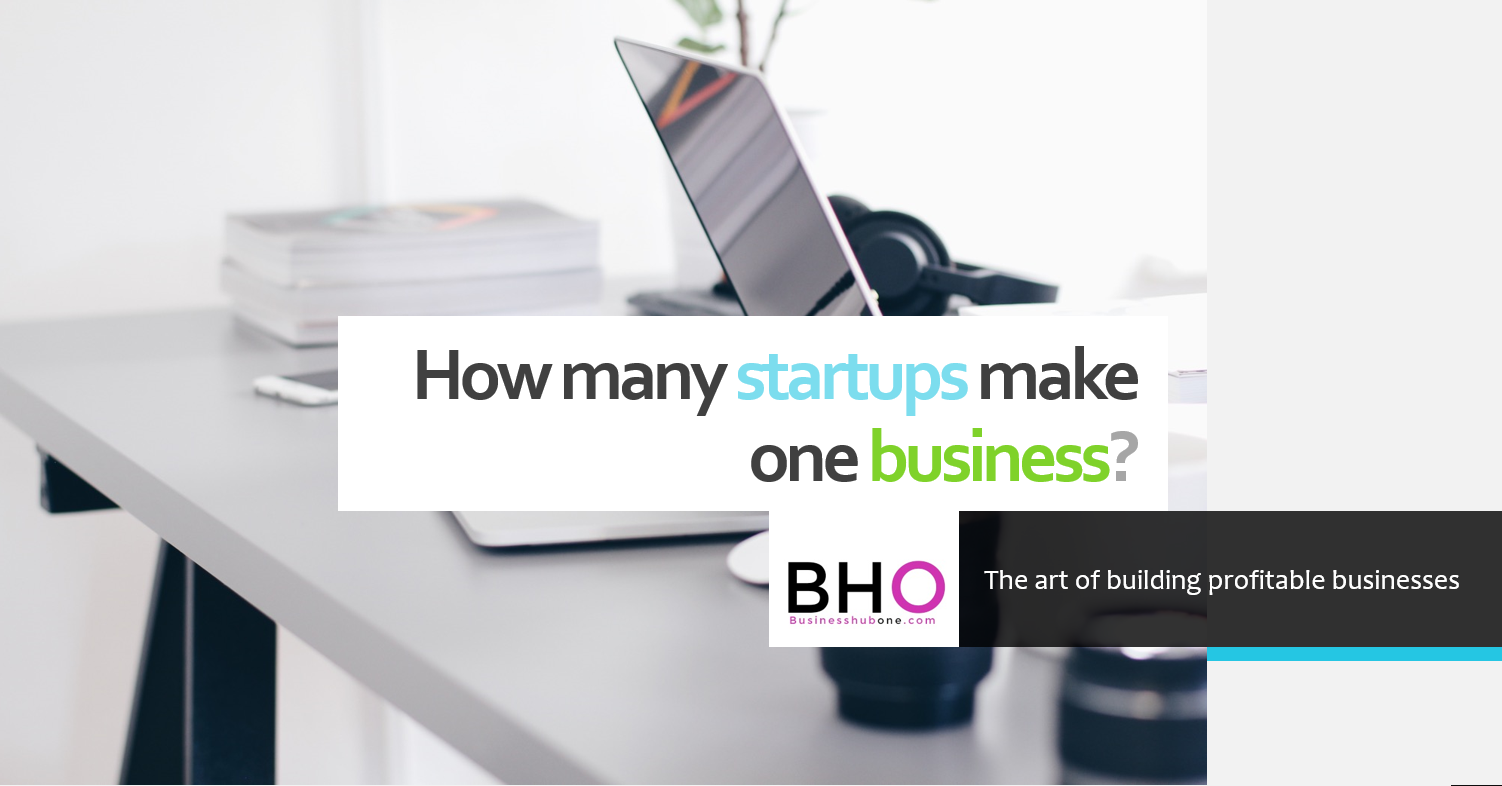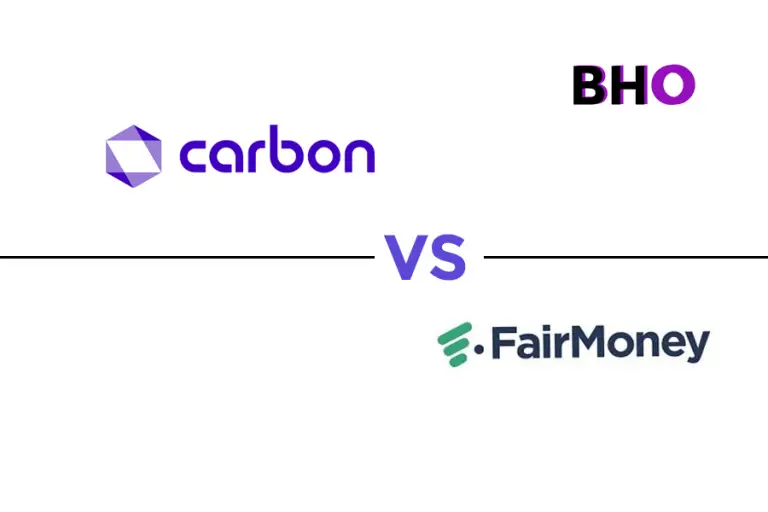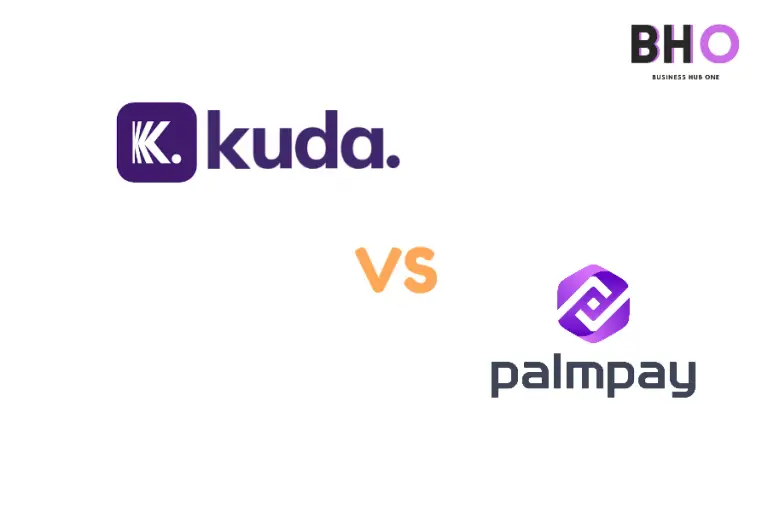How many startups make one Business?
The topic for this article is easily a controversial one! I’ll share my thoughts, and I will value agreeing or opposing views – Let’s learn!
I will provide contextual definitions for a startup and a business to support my case.
A Startup is a temporary organization in search of a scalable, repeatable, profitable business model to validate its existence.
A business is any enterprise that makes profits from its activities.
KEYWORDS
A startup is in search of a profitable business model
A business is already operating a profitable business model
This distinguishing factor is the basis of the topic “How many startups make one business”.

Suppose a startup cannot be expressly described as a business. In that case, there should exist a sufficient relationship between the concept of BUSINESS and STARTUP to determine how much of a startup is a business and vice versa.
A sequel to the post “Start.up.die: my thoughts on startup failure” was featured on LinkedIn, and I asked a question that…
?
Is winning an idea Pitch competition the beginning of a startup? or there’s more to it.
ANSWERED!!
A Startup usually begins with an idea.
However, the success of the startup depends heavily on the execution, team, timeliness, and loftiness of the idea.
In 2019, an ambitious young man approached me that he had an idea to set up a small business
SMALL BUSINESS
A small trading business is not a startup!
If you set up your trading business and do your calculations using the useful life of the initial capital investment and it does not turn a profit.
Recommendation from business professionals will most likely be to not set up the Business.
REASON
There is minimal ability to grow, and growth is capital-intensive due to the marginal nature of the profit. The cost-to-profit ratio is very high, and a new influx of money will take a considerably long time to break even. Hence, right from the small size, a profit will ensure continuity and eventual growth, possibly continental scale!
…
I did my due diligence by asking him a few questions about the idea and he answered brilliantly.
I gave him a significant part of the money he needed to start and i believe he started
However, many months down the line, i discovered he didn't set up the business let alone profit from it.
A Brilliant idea is meant to be executed not a means of getting rich quick.
Startups have a VERY high fail rate while businesses have a high fail rate –
However, the story of Israel is a testament to the many failures that could mean that one has a thriving community of that very thing one has failed extensively at.
“Israelis seem to be on the other side of the spectrum. They don’t care about the social price of failure and they develop their projects regardless of the economic or political situation”
Start-up Nation -The story of Israel’s economic miracle
In Conclusion, a startup is in the process of becoming a profitable business and should be nurtured as such. Garrett Camp and Travis Kalanick’s idea of UBER became a multi-billion dollar business after some years.
In 2003, Amazon turned a profit which was nine years after being founded and seven years after going public. Today, Amazon has a trillion-dollar valuation!
Bill and Scott Rasmussen, teamed up with Aetna insurance agent Ed Eagan to create an all-sports network in 1978. The sports network is known as ESPN.
After 6 million dollars and more than six years later, ESPN turned a profit.
ESPN posted revenue of $11 billion in 2013 and today is a dominating sports network!
The prospects for success are very high for startups. The fear of failure or the scare of the statistical high fail rate of startups must not be a point of deterring for founders and firm believers in the startup vision!
Founders must not be scared of challenging the narrative and creating disruptions in the Eco-systems they find themselves
On this note, I’ll edit my definition of a startup.








Until I came across the writer’s modified definition of a startup, I had reservations that the initial definition was not standing on the right scale of balance thus would collapse upon critical examination, the patience of reading through what worthwhile.
This is sure a great writeup, a timely insightful contribution and the later definition of STARTUP will obviously endure countless time of scrutiny.
Kudos…..
Good read.
I like your concluding definition of a startup. Can I infer that the basis of calling a startup a business is its success in spurring a scalable and profitable business model.
Seeing that a business model is most of the time not fixed. It can change over time. Do you recommend some number of years to have a startup transformed into a business.
“Can i infer that the bad for calling a startup a business is its success in spurring a scalable business model”
Absolutely
Yes, a business has to make some form of profits
Hence, the recommended time for the startup to be transformed into a business will be the time for the startup to turn a profit!